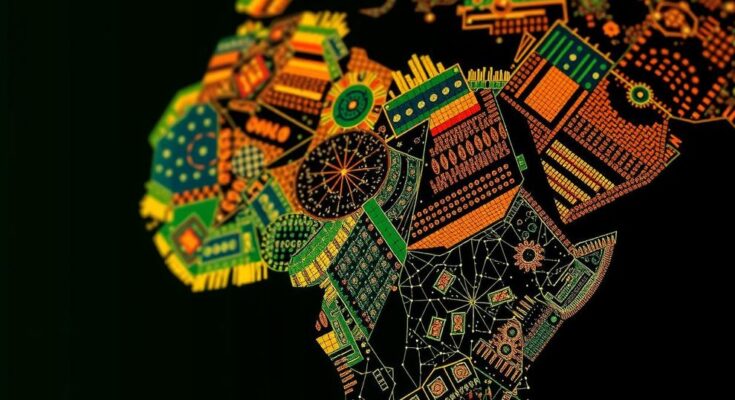COP29 will explore the role of emerging technologies, especially artificial intelligence, in building climate-resilient agricultural systems to address the food security needs of a growing global population. Plant biotechnologists are working to conserve genetic resources and create resilient crops. However, there is a pressing need for African governments to ensure that these technologies benefit the impoverished and prevent corporate monopolization.
At COP29, the focus will be on leveraging emerging technologies to foster climate resilience in agriculture amid a growing global population and increasing climate challenges. Discussions will center on the dual objectives of providing nutrition and safeguarding the environment during food production processes. As a plant biotechnologist, I collaborate with specialists to identify and propagate resilient plant species that are essential for food security and environmental conservation in the face of climate change. Our efforts are directed at uncovering genes resilient to environmental stressors and preserving such genetic resources, including endangered tree species and lesser-known indigenous African leafy vegetables. Through innovative methods such as cryopreservation and tissue culture, we maintain the genetic material crucial for breeding programs aimed at enhancing food quality and resilience. Recent advancements in biotechnology allow us to not only preserve genetic diversity but also modify plants genetically to improve their resistance to various challenges. Moreover, the application of artificial intelligence (AI) in agriculture presents unprecedented opportunities. We can harness vast datasets to analyze soil and climate interactions, leading to insights that improve agricultural practices. AI facilitates automation of agricultural processes and optimizes resource management, which is essential given the finite resources we face. Crucially, AI has allowed for breakthroughs in protein structure understanding through platforms such as AlphaFold, enabling the design of novel proteins that can enhance food security. Such technological advancements must be embraced by African governments to ensure equitable benefits, particularly for marginalized communities. However, it is imperative that these technologies remain publicly accessible and not relegated to private corporate control, which has historically been associated with monopolistic practices. African nations must advocate for policies that ensure AI-driven agricultural enhancements cater to the needs of the underserved populations. Therefore, at COP29, African governments should present a unified front, emphasizing the importance of inclusive technology deployment in agriculture, ensuring that vulnerable groups benefit from advancements in AI and food production technologies. A commitment to social justice in food distribution must accompany technological progress to safeguard the interests of the continent’s most impoverished members.
The increasing global population, coupled with the adverse effects of climate change, necessitates innovative approaches in agriculture and food production. The upcoming COP29 will delve into how technologies, particularly artificial intelligence, can enhance food systems to secure nutrition while minimizing environmental degradation. As a specialized field, plant biotechnology focuses on conserving genetic plant material and developing resilient crop varieties to tackle food security challenges in a changing climate. The goal is to utilize cutting-edge techniques and data-driven insights to foster climate resilience in agricultural practices, specifically within the African context.
In summary, the discourse at COP29 will revolve around the vital integration of artificial intelligence in agriculture to address food security challenges exacerbated by climate change. African governments must be proactive in advocating for equitable access to these technologies, ensuring that the most vulnerable populations are prioritized. As we explore technological innovations, it is critical to foster a social justice framework around food distribution to prevent monopolistic control by private entities and to ensure sustainable development in African agricultural systems.
Original Source: theconversation.com




